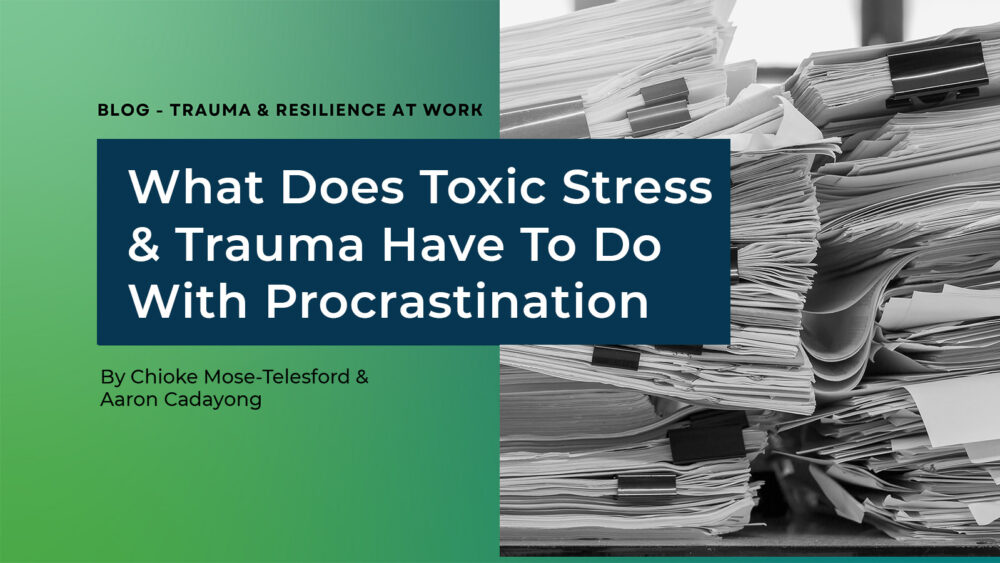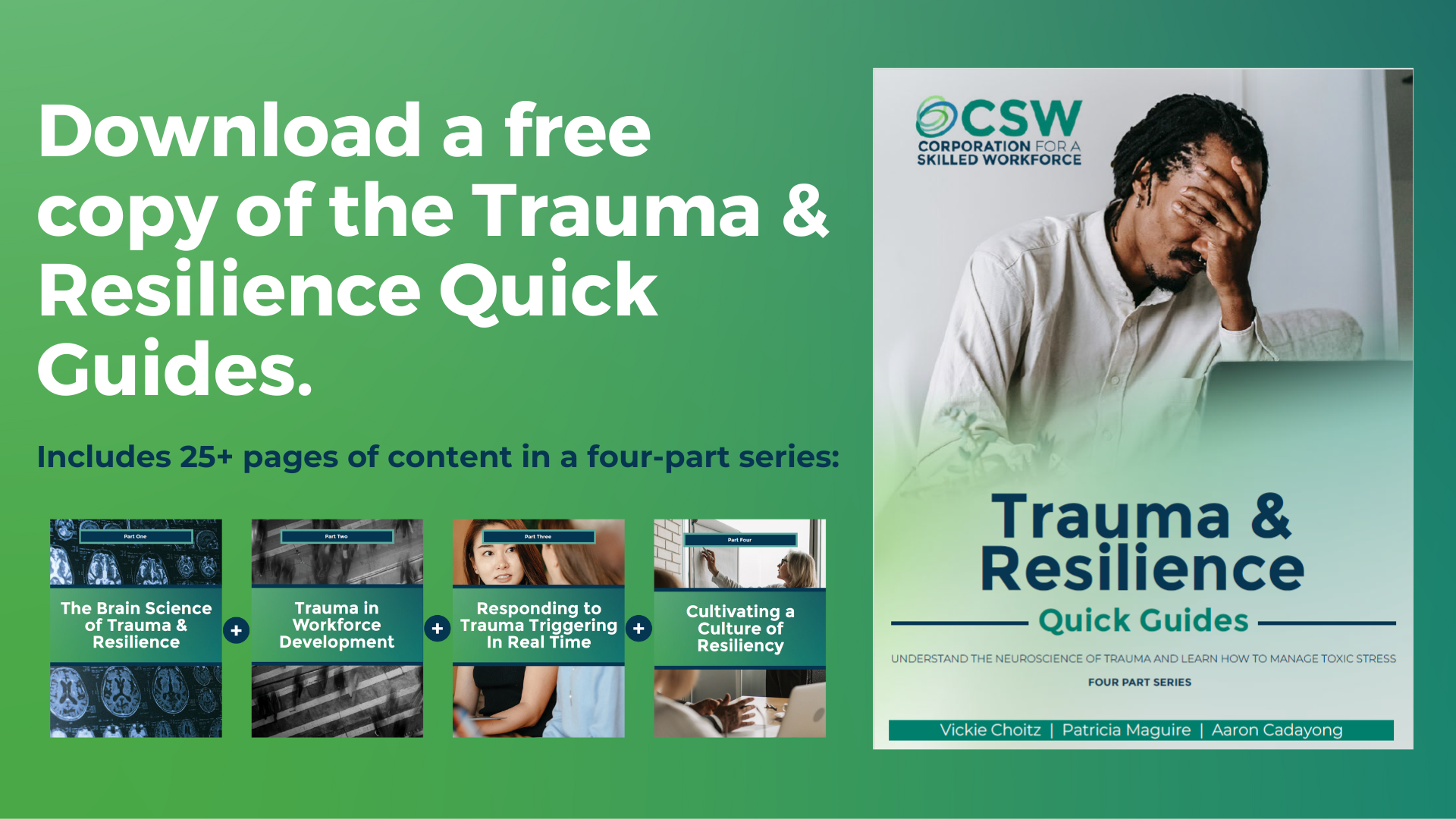Imagine this: you’re sitting at your desk, fully aware of the looming deadlines, but instead of diving into your work, you find yourself lost in the abyss of a seemingly endless to-do list. You have become a master of diversion, filling your time with mundane tasks like rearranging your desk or organizing your email folders, all to avoid tackling the actual important assignments.
Maybe you’re the type who constantly says, “I’ll start it tomorrow,” only to find that tomorrow never comes. You keep pushing things off until the last possible moment, leaving you scrambling to complete tasks under immense pressure and stress. The vicious cycle of procrastination has trapped you, and it feels like there’s no way out.
Procrastination at work can be like a pesky fly buzzing around your head, distracting you from the important task at hand. But sometimes that fly is more than just a mere annoyance – it can be a sign of a deeper emotional issue.
Procrastination as a Symptom
Procrastination may sometimes stem from underlying factors such as trauma, anxiety, or depression. When faced with a task at work, the flight response can be triggered, leading to a cycle of avoidance behaviors. While procrastination may provide temporary relief from anxiety, it ultimately leads to more stress and anxiety. “If you procrastinate, it’s not because you’re lazy. It’s because your body is in a threat state” (Dr. Nicole LePera). Your brain can start to run away from tasks and escape towards avoidant behaviors.
Procrastination can also be a way of coping with difficult emotions or experiences at work. By avoiding a task, one may be avoiding the emotions or experiences associated with it. Chronic procrastination can prevent people from thriving and sometimes develops due to a fear of failure and criticism in childhood.
However, developing self-compassion and a growth mindset can help to overcome procrastination. An article by the Harvard Medical School describes four evidence-based ways to boost self-compassion: take care of your body, write a letter to yourself, give yourself encouragement, and practice mindfulness.
Hypervigilance and Procrastination
Hypervigilance is a symptom of trauma. Hypervigilance is ingrained in one’s approach to being in the workplace and narrows attention into an incessant on-guard scanning of the environment around them. When in a state of hypervigilance, one’s body is constantly spending energy and brain power toward maintaining that alertness and readiness. If one has a history of trauma and experiences hypervigilance, their nervous system likely views relatively safe experiences as threats and responds by throwing them into sympathetic arousal also known as fight, flight, freeze, submit. Hypervigilance takes a lot of energy and brainpower, often meaning one has to sacrifice what they want and/or need to do in order to be ready to protect themselves. Hypervigilance also is simply exhausting, draining one’s energy to engage in work tasks.
Procrastination can be a result of hypervigilance. Awareness is the first step in dealing with hypervigilance and procrastination. It is vital to understand the human body reacts after trauma and toxic stress. If you want to better understand the neuroscience of trauma and resilience, check out our Trauma and Resilience Quick Guide.
The amazing thing about the brain is that there are strategies to become resilient and handle hypervigilance. If you notice yourself being constantly on-guard, try some of these coping mechanisms:
- Take a moment to be still and breathe deeply
- Acknowledge any strong emotions you may feel, but do not give in to them
- Pause before reacting to look for objective evidence in the situation
- Set boundaries with others and with yourself
Combining these methods with seeing a mental health professional is a promising way to develop resilience from hypervigilance.
Childhood Experiences and the Fear of Failure
Chronic procrastination at work can have far-reaching consequences, sabotaging our success and stifling our potential. Missed deadlines, decreased productivity, and lost opportunities become the unwelcome companions of those who constantly find themselves in the clutches of procrastination. While the causes of procrastination are multifaceted, one common root can be found in the fear of failure and criticism.
This fear often traces its origins back to our childhood experiences, where negative feedback from parents, teachers, or peers left an indelible mark on our psyches. Psychology Today states that “Children who grew up having their emotional needs met and who were loved, supported, and encouraged to take risks, don’t fear failure.” However, for those who grew up in an environment where failure was met with harsh judgment, ridicule, or severe punishment, the fear of making mistakes carries over into the workplace.
In the professional realm, this fear becomes a formidable obstacle, preventing individuals from taking risks and stepping outside their comfort zones. The mere thought of potential failure paralyzes them, leading to procrastination as a self-protective mechanism. By avoiding tasks, they believe they can shield themselves from the possibility of making mistakes and facing associated consequences.
However, if you feel like your childhood has had a negative impact on you, there is hope! Working with a mental health professional for cognitive behavioral therapy (CBT) can help people explore the underlying reasons behind their procrastination and develop strategies to overcome it. So, if you struggle with chronic procrastination at work, know that you are not alone, and that understanding the source of that procrastination is an important step in overcoming procrastination.
Overcoming Procrastination
Procrastination can be frustrating and frequent, but it is important to address it. Delaying tasks only leads to more stress and anxiety, which makes it harder to reach our goals. To overcome procrastination, we need to identify our avoidance behaviors and understand the emotional and psychological factors that contribute to it. By doing so, we can break the cycle of avoidance and develop better habits that will lead to a more productive and fulfilling life.
One method given by Steve Carr, a mental health professional, to overcome procrastination is as follows:
- Create a list of activities that you do to avoid tasks (video games, eating, watching TV, shopping, etc.).
- When you start thinking about or doing one of these activities, ask yourself, “What am I trying to avoid?”
- Think about the task you’re avoiding and acknowledge the emotions you feel (anxiety, frustration, overwhelmed, shame, anger, etc.). Allow yourself to sit with these feelings.
- Just do it! If you can start the task right away, great. If not, make a specific plan for when and how you will complete it. Acknowledge your anxiety and push through it.
- Reward yourself with something harmless from your avoidance list after completing the task.
By following these steps, you can start to develop healthier habits and overcome procrastination. As we have worked with many individuals and organizations over the years here at the Corporation for a Skilled Workforce, we have seen additional strategies that help overcome procrastination:
- Break tasks down: Breaking larger tasks into smaller, more manageable ones can make them less overwhelming and easier to tackle. By dividing a daunting task into smaller steps, individuals can maintain a sense of progress and accomplishment along the way.
- Leverage optimal times: Paying attention to personal energy and focus patterns can significantly enhance productivity. Identifying the times of day when individuals feel most inclined and capable of working on specific tasks allows for better task allocation. For example, scheduling demanding tasks during peak concentration periods, such as the morning when the mind is fresh, can lead to more focused and efficient work.
Procrastination in the workplace is a complex issue with many underlying causes. It’s important to have self-compassion and remember it may take time to develop new habits and ways of thinking. Rome wasn’t built in a day, but it also wasn’t built by procrastinators… so take the necessary steps today to conquer any procrastination in your life.




Comments are closed.